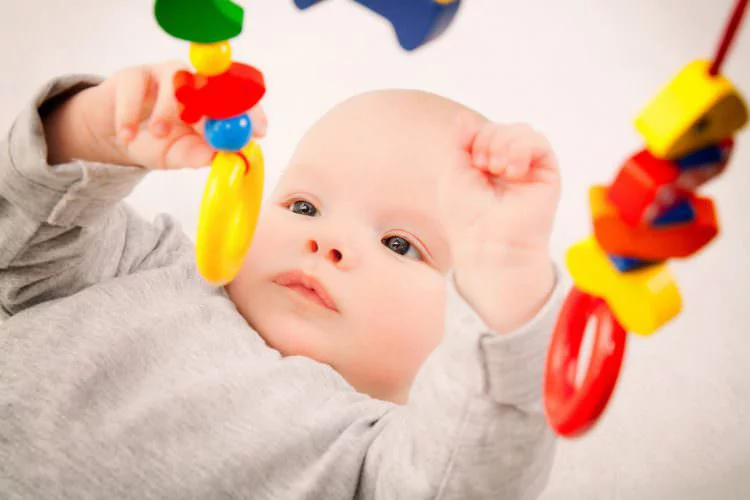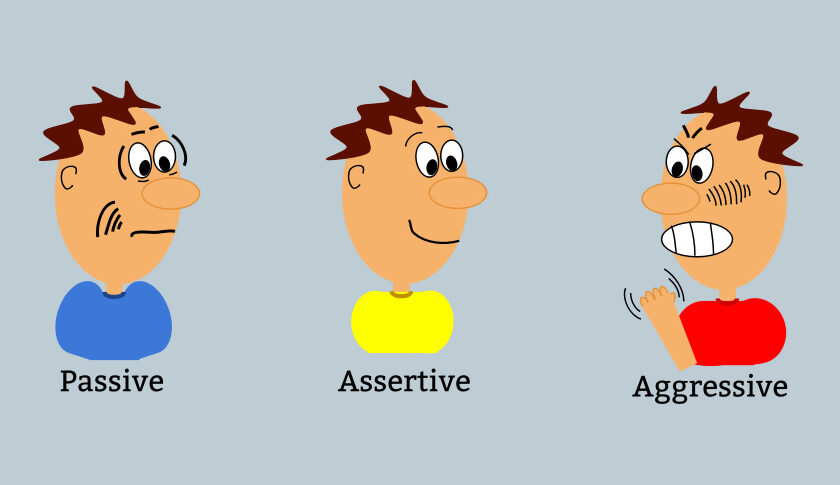Understanding Newborn Reflexes: Your Baby’s Early Movements
Babies are born with a set of newborn reflexes, which are involuntary movements that are a natural part of infant development. These reflexes help ensure a newborn’s survival and are an important aspect of early development. For instance, when you place your finger in your newborn’s hand, they will instinctively grasp it.
How Is My Baby Moving?
Newborn reflexes appear shortly after birth and include the following:
- Rooting and Sucking Reflex: This reflex helps a newborn find and take in nourishment. When you gently stroke your baby’s cheek near the mouth, they will turn their head in that direction with their mouth open, ready to suck. This reflex ensures that your baby can latch onto a breast or bottle nipple and begin feeding.
- Moro Reflex: Often referred to as the startle reflex, the Moro reflex occurs when a baby is startled by a loud noise or sudden movement. In response, the baby will throw out their arms and legs and then bring them back in, as if trying to grasp something.
- Grasp Reflex: This reflex is evident when your baby automatically grasps your finger if you place it in their palm. Similarly, if you touch the sole of their foot, the toes will curl in response.
- Tonic Neck Reflex (Fencer’s Pose): When your baby’s head is turned to one side, they will extend the arm on that side while bending the opposite arm. This reflex is also known as the “fencer’s pose” due to the position it creates.
These reflexes are essential for your baby’s early development and typically fade as they grow, usually disappearing by the time they are 3 to 6 months old.
How Can I Encourage My Baby?
To support your baby’s physical development, provide them with opportunities to move and stretch their arms and legs. Tummy time is particularly beneficial when your baby is awake and alert, as it helps strengthen the back and neck muscles, preparing them for future milestones like rolling over and sitting up. Always supervise your baby during tummy time to ensure their safety.
As your baby matures, these reflexive movements will gradually give way to more deliberate and purposeful actions.
When Should I Call the Doctor?
Your baby’s doctor will monitor these reflexes during routine checkups, ensuring that they are symmetrical on both sides and noting when they begin to fade. If you have any concerns or questions about your baby’s movements or the persistence of these reflexes beyond the typical age range, be sure to discuss them with your doctor. Regular monitoring of these reflexes is an important part of tracking your baby’s healthy development.



